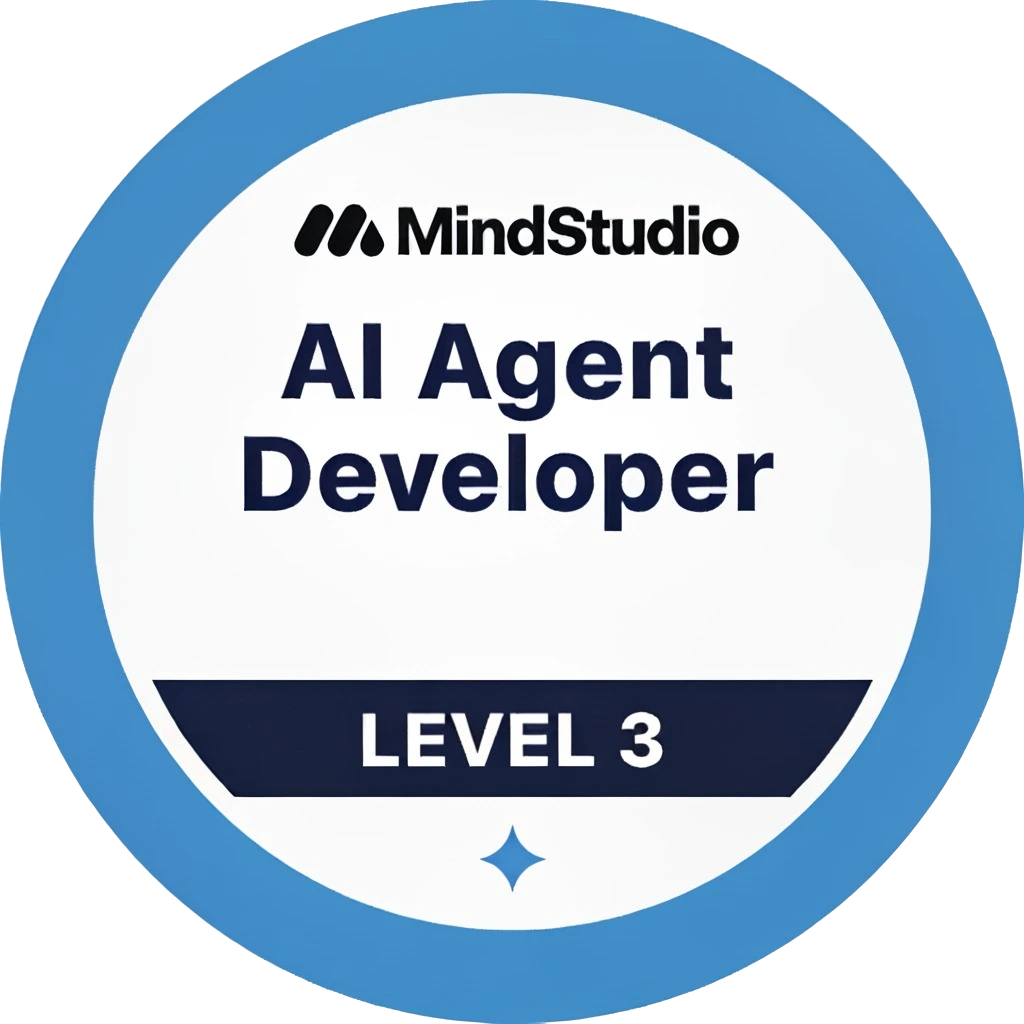Running a therapy or counselling practice is deeply rewarding, but let’s be honest—it also comes with a mountain of admin, client communication, and paperwork that can feel never-ending. Between managing appointments, keeping notes, and ensuring your clients get the best care, it’s easy to get bogged down by the business side of things. That’s where AI-generated content is stepping in as a real game-changer for therapists in 2025. By automating time-consuming tasks and streamlining processes, AI frees you up to focus on what matters most: helping your clients. Whether you’re a solo practitioner or running a larger wellness practice, integrating AI tools into your workflow can save hours each week, reduce errors, and even boost your clients’ engagement. If you’re curious about how AI is transforming therapy businesses—especially for those of us who value user-friendly, practical solutions—read on for seven ways AI-generated content is making a difference.
1. Automating Administrative Tasks
Let’s face it, nobody became a therapist because they love paperwork. Yet, scheduling appointments, sending reminders, and managing intake forms are all necessary for a smooth-running practice. AI-generated content tools can take over many of these repetitive administrative jobs, working quietly in the background so you don’t have to.
For example, AI-powered scheduling assistants can automatically coordinate calendars, send SMS or email reminders to clients, and even reschedule sessions without you lifting a finger. This not only cuts down on phone and email tag but also reduces the risk of double bookings or missed appointments.
Another big timesaver comes from AI-enabled form completion and data entry. Intake and consent forms can be generated, sent, and securely stored with minimal manual intervention. Some platforms even extract and categorise information from these forms, making it instantly accessible for your records.
- Automated appointment reminders reduce no-shows and last-minute cancellations.
- Smart billing and invoicing tools use AI to generate invoices, send payment reminders, and reconcile transactions.
- Secure document management means less time filing and more time focusing on your clients.
In fact, “AI-powered chatbots handle approximately 60% of initial mental health queries online.” This not only saves you time but gives clients immediate access to the information they need, improving satisfaction right from the start.
2. Enhancing Client Communication
Staying in touch with clients between sessions is important, but it can also eat into your personal time. AI-generated content tools now make it easy to keep those lines of communication open—without you having to personally draft every message.
Chatbots and virtual assistants can handle common client queries, such as appointment changes or resource requests, around the clock. The result? Faster responses and a better client experience. “AI chatbots reduce wait times for therapy sessions by 35%.” This is especially valuable for clients in crisis, as it ensures they’re not left hanging while waiting for a reply.
AI can also personalise follow-up emails or check-ins, tailoring messages to each client’s journey. If a client misses a session or needs encouragement between appointments, AI-generated messages can provide support, reminders, or even therapeutic exercises, all at scale.
- 24/7 chatbot availability answers client questions outside office hours.
- Automated check-ins help maintain engagement and show clients you care.
- Customised resources can be sent based on client needs and progress.
And with platforms like Woebot, “AI-powered chatbots like Woebot have been shown to reduce depression symptoms by 30% in clinical trials.” That means AI doesn’t just save time—it can also contribute directly to positive client outcomes.
3. Streamlining Documentation and Note-Taking
Session notes and documentation are a core part of therapy, but they can also be a time sink, especially after a long day of client work. AI-generated content tools can transcribe, summarise, and even help structure your notes, making documentation much less of a chore.
Voice recognition software now allows you to dictate notes directly after a session, and AI will automatically organise and categorise the information. Some systems can even suggest key points or flag areas that require follow-up, ensuring nothing slips through the cracks.
- Real-time transcription lets you capture notes as you speak.
- Automatic summarisation condenses lengthy notes into clear action points.
- Template generation helps maintain consistency across all your records.
AI diagnostic tools are also making a splash: “AI diagnostic tools have an accuracy rate of 85% in identifying depression.” By integrating these insights into your documentation process, you can quickly spot patterns or concerns, supporting more effective treatment planning without extra admin work.
4. Personalising Treatment Plans
Every client is unique, and personalised care is at the heart of effective therapy. However, developing tailored treatment plans can be time-consuming. AI steps in here by analysing client data, preferences, and progress to suggest interventions and resources that are most likely to help.
Using AI-driven analytics, you can identify trends in a client’s symptoms, engagement, and feedback. This allows for dynamic adjustment of treatment strategies, such as switching up exercises, sending relevant articles, or recommending digital therapies that match the client’s needs.
What’s more, AI-generated content can create printable worksheets, homework assignments, or guided journaling prompts, all adapted to the individual’s therapeutic goals. These personalised resources encourage clients to stay engaged between sessions and make the most of their time in therapy.
- Dynamic treatment suggestions adapt as clients’ needs evolve.
- Automated progress tracking highlights improvements or areas needing attention.
- Resource curation delivers timely articles, videos, and exercises based on client interests.
“AI-driven digital therapies have been shown to boost engagement rates by 40% compared to traditional methods,” meaning your clients are more likely to stick with their plans and see real results.
5. Facilitating Continuous Professional Development
Staying up-to-date with the latest research and best practices is a must for any therapist. But who has time to read every new article or attend every webinar? AI-powered summarisation and content curation tools can make professional development a lot more manageable.
These tools scan the latest journals, blogs, and news sources, pulling together custom digests and summaries tailored to your interests or specialties. That way, you can quickly get the highlights without having to sort through mountains of information.
- Personalised reading lists keep you informed on what’s new in your field.
- Automated CPD trackers log your learning and remind you of upcoming requirements.
By integrating these AI tools into your workflow, you can maintain your edge as a practitioner without sacrificing client time—or your evenings and weekends.
6. Improving Marketing and Outreach
Building a thriving therapy practice means reaching new clients and staying visible in your community. AI-generated content is making marketing easier, faster, and much more effective for therapists in 2025.
From drafting blog posts and social media updates to designing targeted email campaigns, AI can generate engaging, relevant content that showcases your expertise and values. It can even suggest the best times to post or send messages for maximum impact.
- SEO-optimised blog content helps your website rank higher in search results.
- Personalised outreach emails nurture leads without hours of manual writing.
- Social media scheduling ensures a steady online presence, even during busy weeks.
“AI-powered chatbots handle approximately 60% of initial mental health queries online,” which means your practice can connect with prospective clients 24/7—no more missed opportunities when you’re in session or off the clock. For inspiration and support, check out https://richardthornewebdesign.uk/ for web solutions tailored to therapists and wellness professionals.
7. Supporting Research and Data Analysis
Therapists who want to contribute to or benefit from research can use AI to quickly analyse client data, track trends, and generate insightful reports. Whether you’re monitoring outcomes for your own practice or participating in larger studies, AI can process and summarise data far faster than manual methods.
Predictive analytics tools highlight emerging trends in client needs, helping you plan and adapt your services proactively. “AI-based predictive analytics are helping to forecast mental health trends with 70% accuracy, improving preparedness.” This means you can spot patterns before they become issues, ensuring your practice is always one step ahead.
- Automated data visualisation creates easy-to-read charts and reports.
- Trend identification enables proactive adjustments to services or marketing.
- Outcome tracking supports evidence-based practice and continuous improvement.
By leveraging these AI-powered insights, therapists can offer more responsive, effective care—and demonstrate tangible results to clients and stakeholders alike.
Conclusion
In 2025, AI-generated content isn’t just about saving time for therapists—it’s about creating space to focus on what you do best: supporting your clients. From automating admin tasks to enhancing communication, streamlining documentation, and even boosting your marketing, AI is quickly becoming an essential partner for modern therapy practices. By embracing these tools, you can spend less time on busywork and more time delivering compassionate, personalised care. If you’re ready to explore how AI can transform your practice, now’s the perfect time to start.

